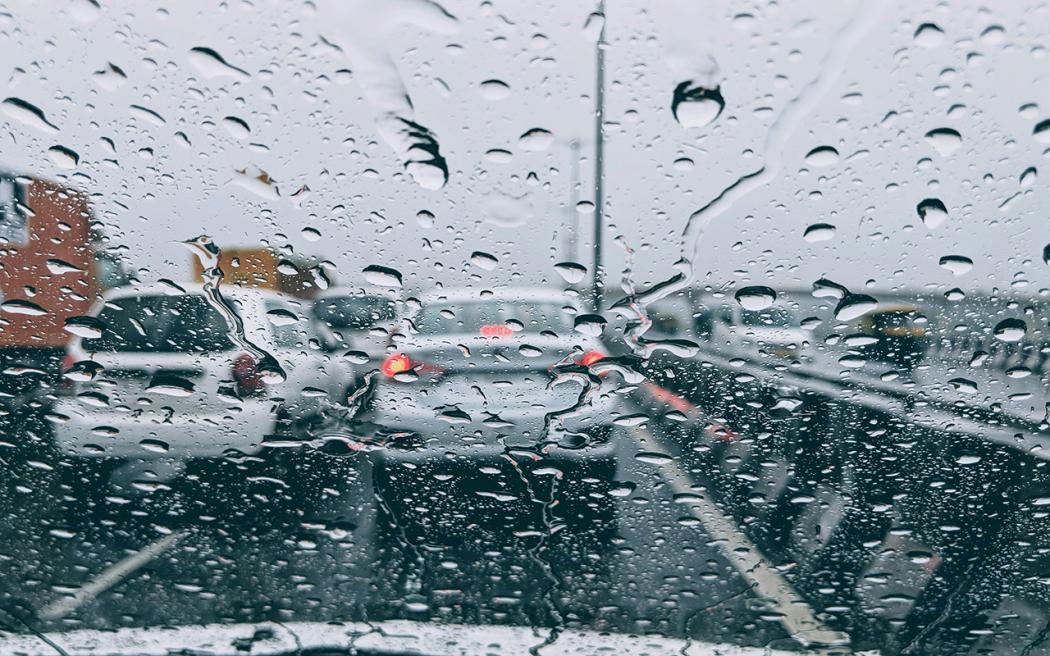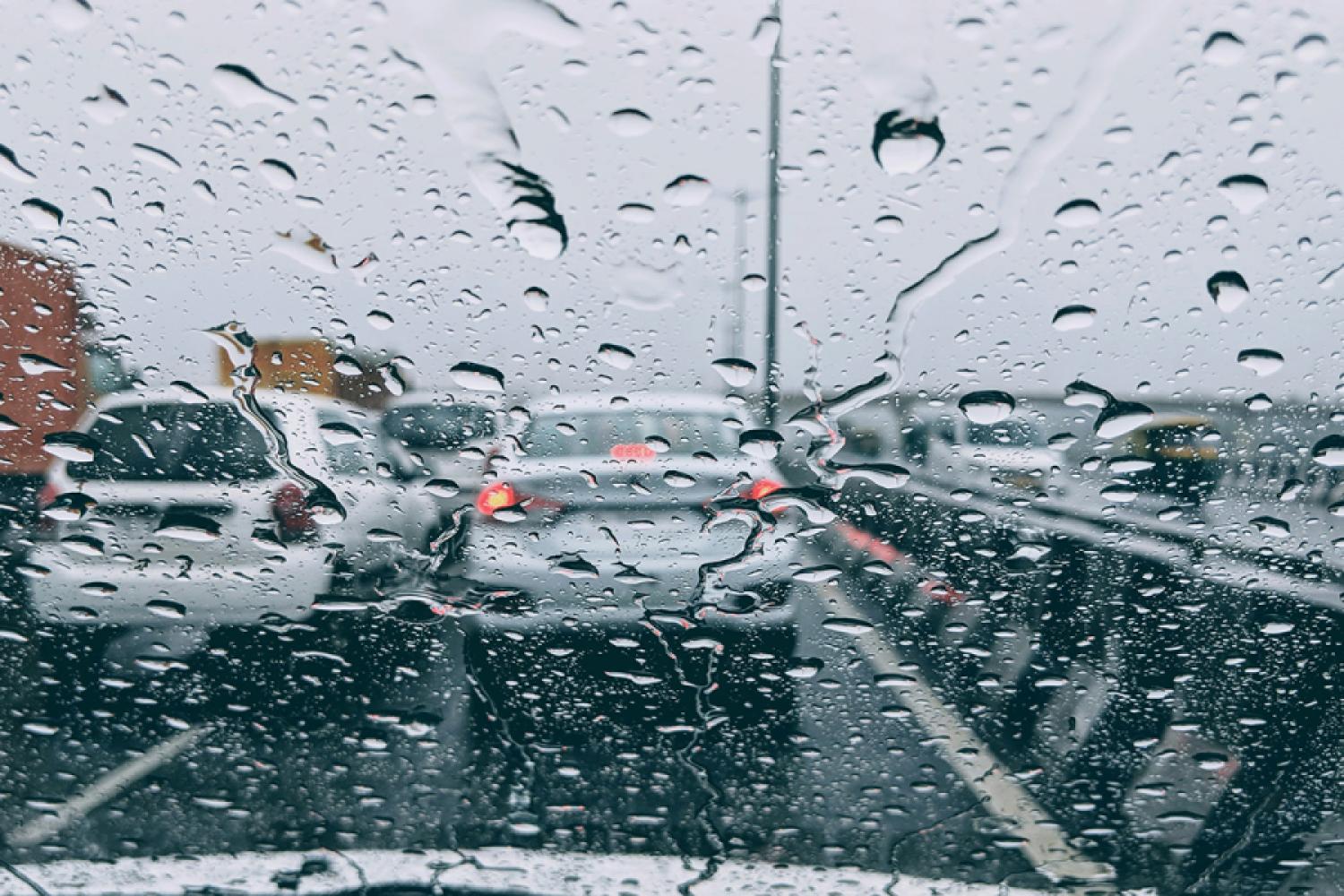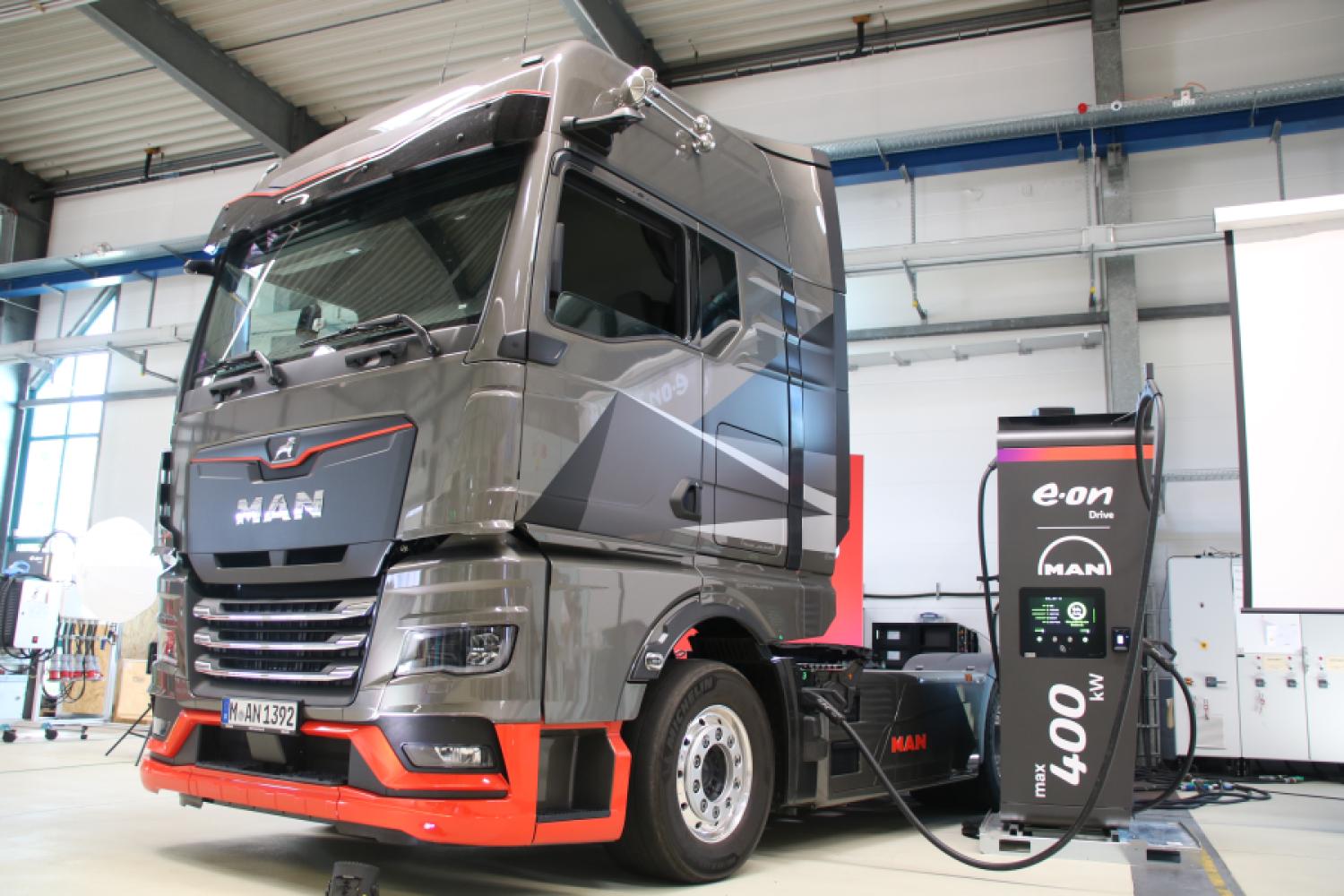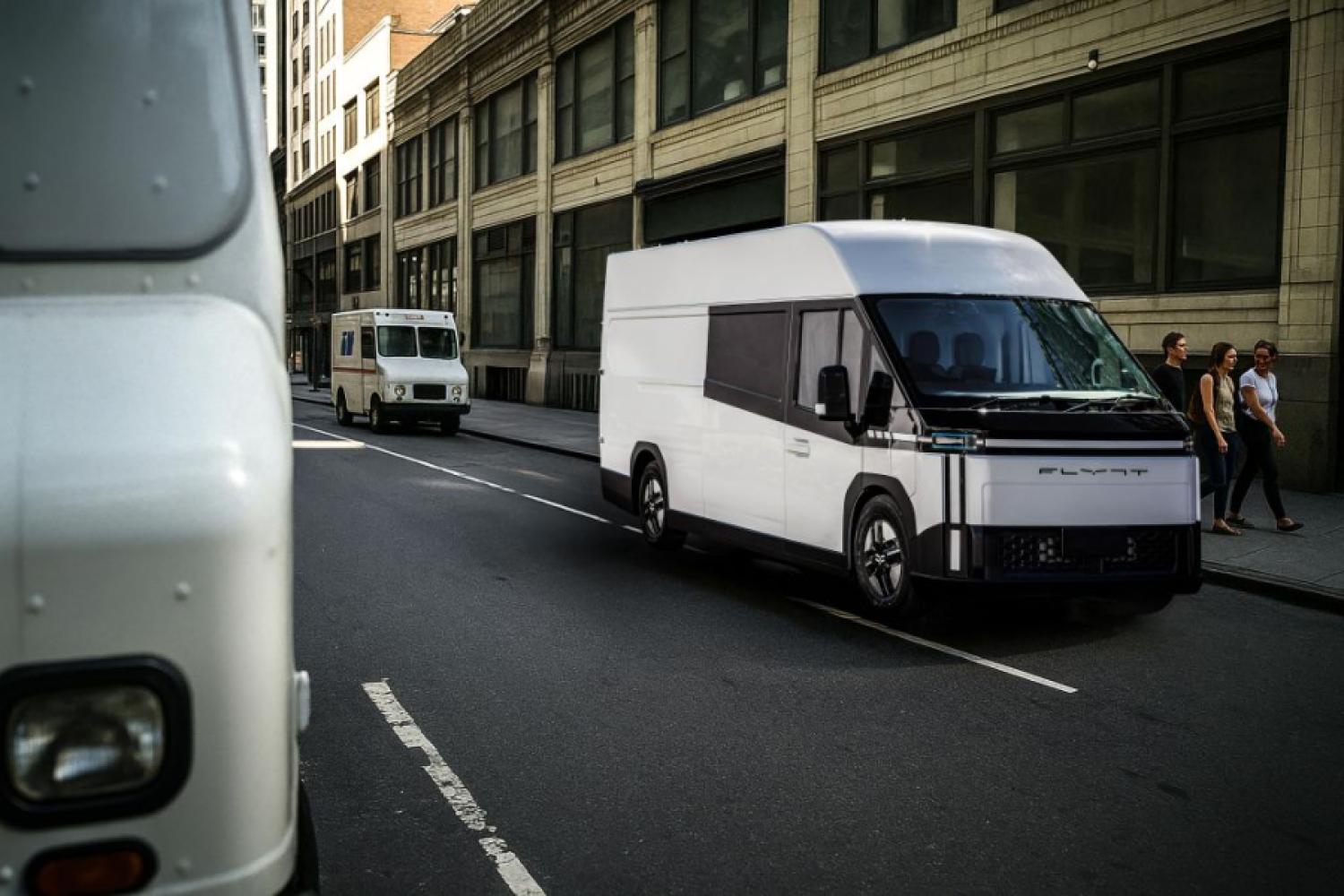Heavy rainfall regularly leads to flooded roadways, submerged parking lots, and flooded underground garages. The consequences can be considerable in both an accident and in the direct impact of water on the vehicle, according to experts from GTÜ.
Exactly where a storm will occur cannot be fully predicted even with modern weather models. Nevertheless, it helps to act proactively and follow important rules.
Pay attention to warningsPublic warning apps for disaster protection like NINA and Katwarn provide current information as push notifications. Even insurance companies sometimes issue separate warnings during critical weather situations via mobile phones.
In such cases, journeys should be postponed if possible or at least driven with greatly increased caution. It is also advisable to park the car in a higher location during weather warnings, according to GTÜ experts. Special caution is advised near underground garages during torrential rain as they can sometimes fill with water within minutes. This can be life-threatening, and in such situations underground garages should not be entered.
Flooded
roadwayDriving through the water on the road is risky, even if everything goes well. It's hard to estimate how high the water actually is above the asphalt when the road is flooded, according to experts. It becomes critical as soon as the water splashes in the wheel arches and fountains outward.
Additionally, at a water depth of about 20 centimeters, there is a risk of losing control of the vehicle. At 30 centimeters, a vehicle can literally float. The flooding is also dangerous for the car's technology. If too much water enters the engine's intake system, it is not far from an engine failure, warn the experts from GTÜ. The engine can also fail if the sensitive electronics are hit by a jet of water. Subsequent repairs are likely to be expensive. If the water rises to the side windows, there is even a threat of total economic loss.
Stop and waitGTÜ therefore warns against driving on roads covered with a lot of water. It is
best to stop and wait out the severe storm. Emergency bays on highways often provide such places, sometimes also side roads. However, depressions or underpasses could become traps because a lot of water quickly accumulates in them.
Rescue from floodsIf water masses surround the vehicle despite all precautions, GTÜ advises turning off the engine immediately, as safety is the priority. Passengers should then carefully and slowly open the doors and exit. After leaving the vehicle, the doors should be closed if possible but not locked with the remote control, as too much moisture could lead to later malfunctions of this technology. It also makes sense for passengers to retreat to higher slopes, bridges, or buildings. Help should only be requested once everyone is safe.
Have it towed after the waterAccording to experts, local floods often recede quickly. However, the vehicle should not simply be started afterwards. If the water level has surrounded the sills below the doors or higher sections of the bodywork, there are significant
dangers for the technology when starting. This affects not only the engine but the entire onboard electronics. Sensors and control modules are often placed deep in the car, so they can be damaged by too much moisture.
To minimize the consequential damages of flooding, experts advise having the vehicle towed. Electronics, brakes, airbags, and control units should then be checked by a professional. Appropriate workshops also provide thorough drying because a damp interior could lead to mold or short circuits in the electronics even after some time.
What does insurance pay for?The partial coverage insurance covers damages from so-called elemental hazards, which include floods. However, many contracts state that a vehicle must be properly parked to prevent damage, and the damage was also unavoidable, according to GTÜ. The latter provision leaves room for interpretation if a car could not be secured despite concrete flood warnings. If a car is damaged while driving through floods, the comprehensive insurance will cover the damage, provided there was no gross






